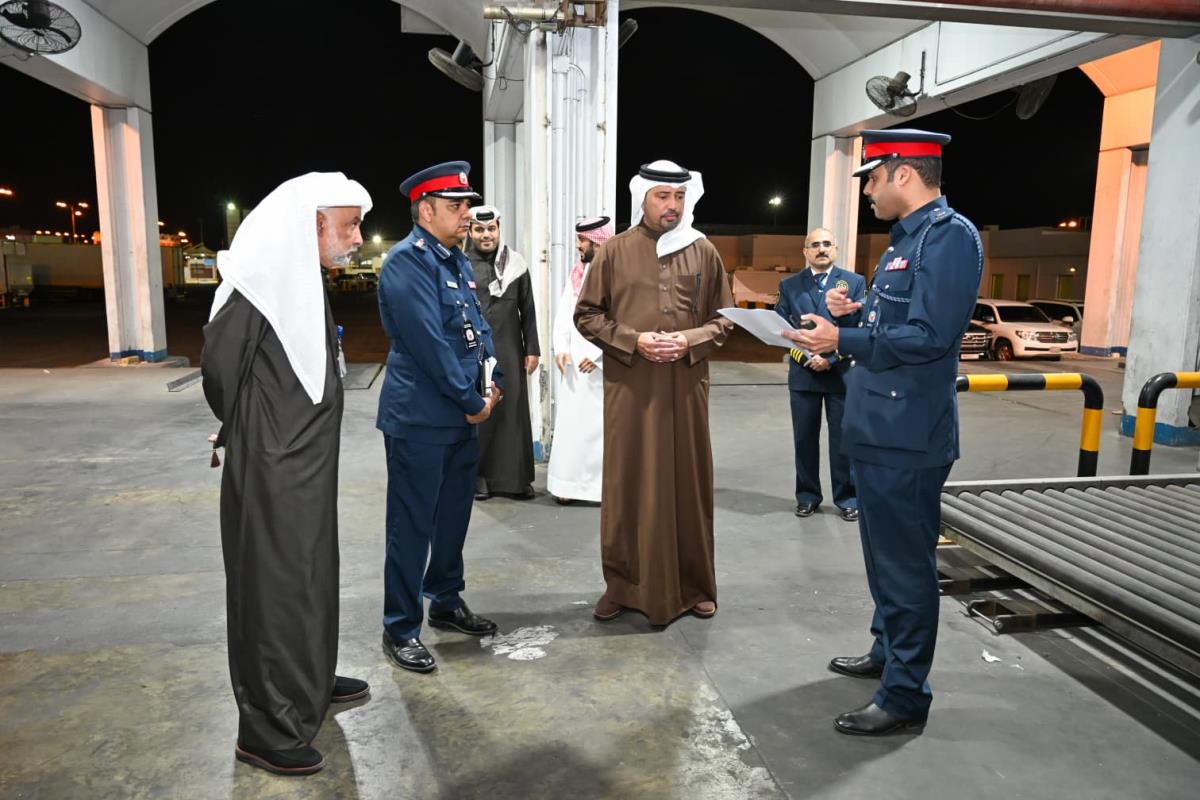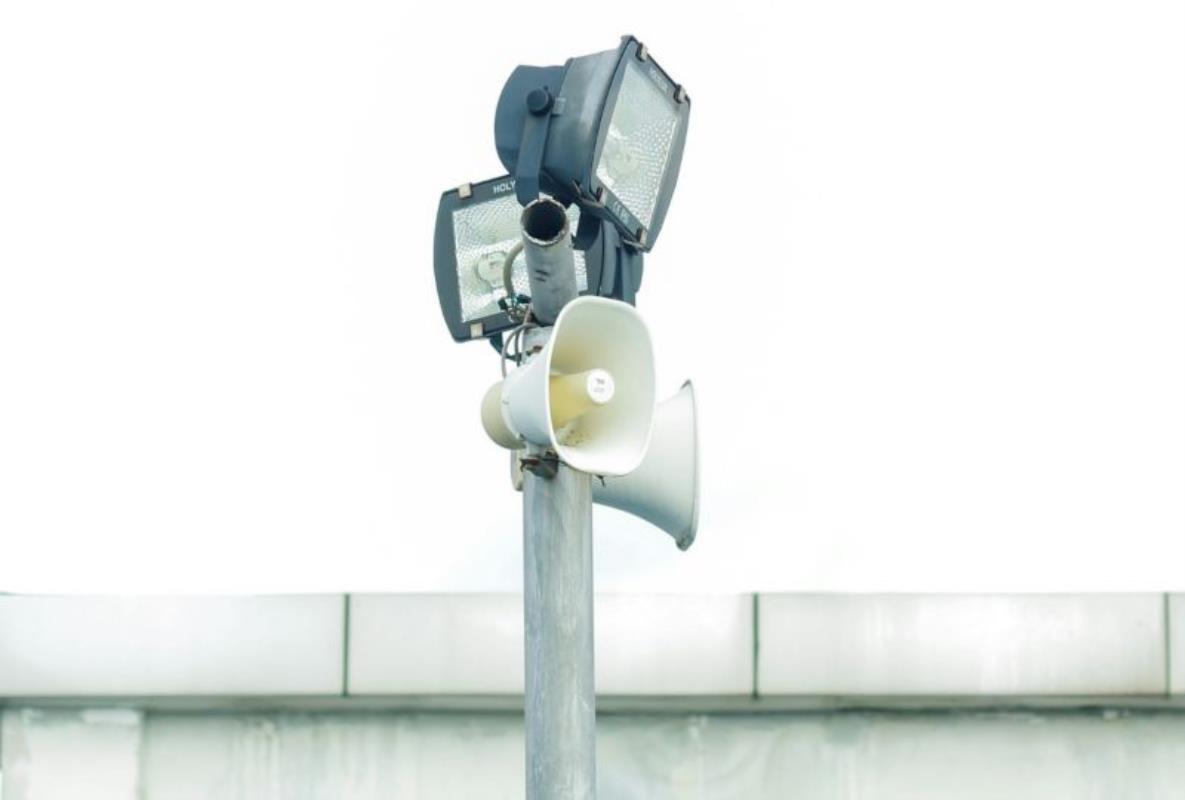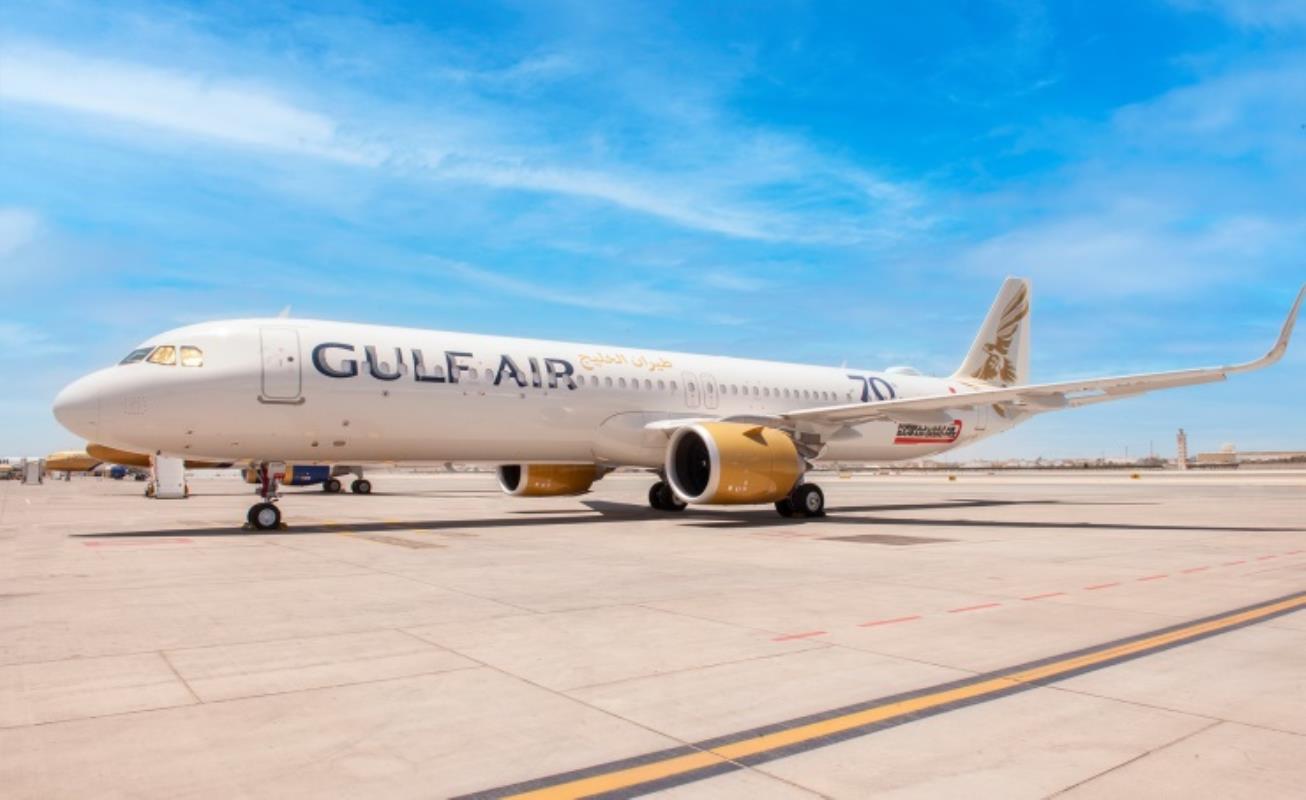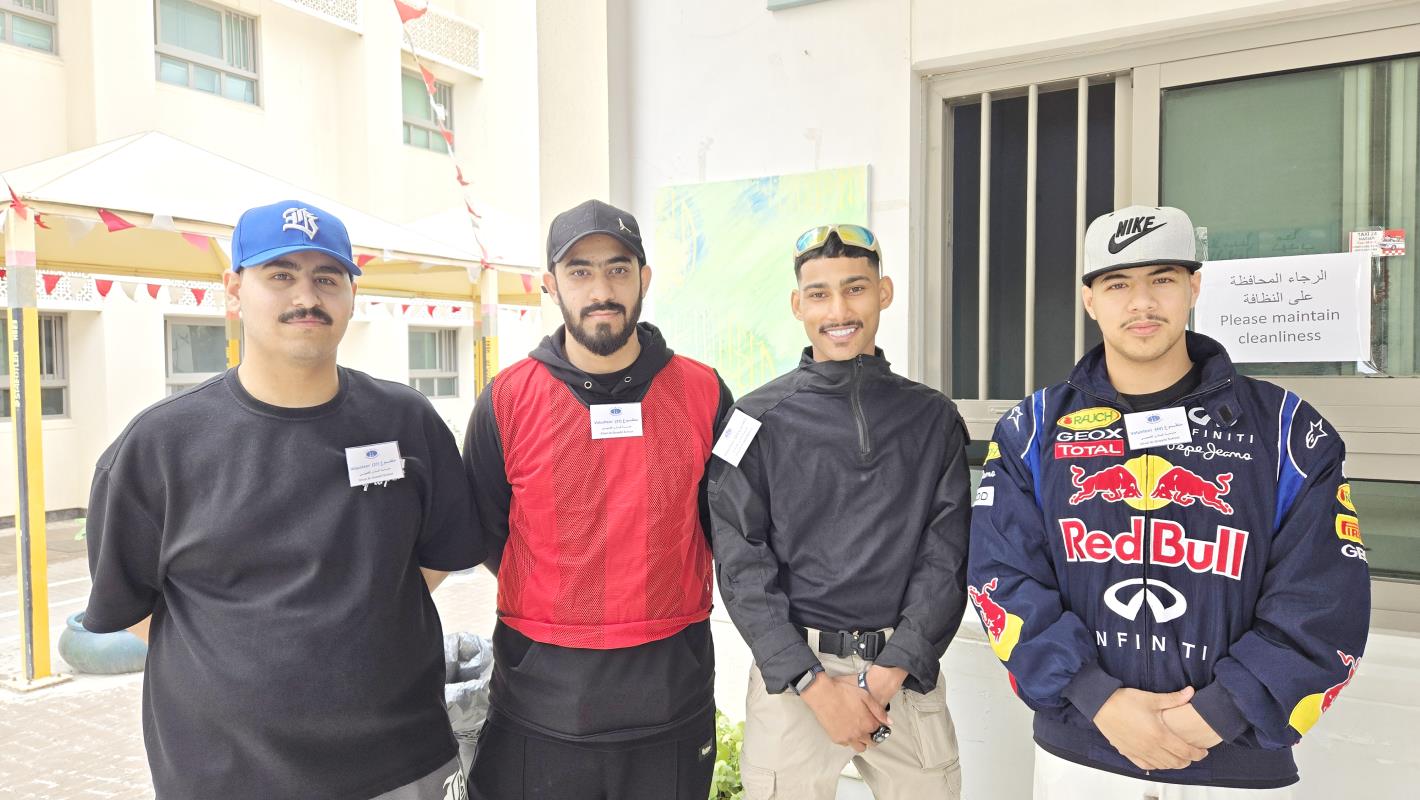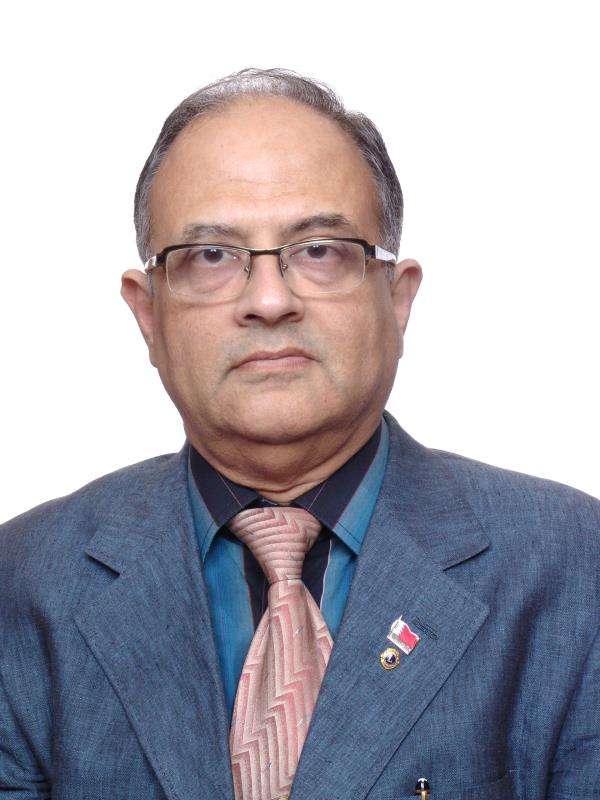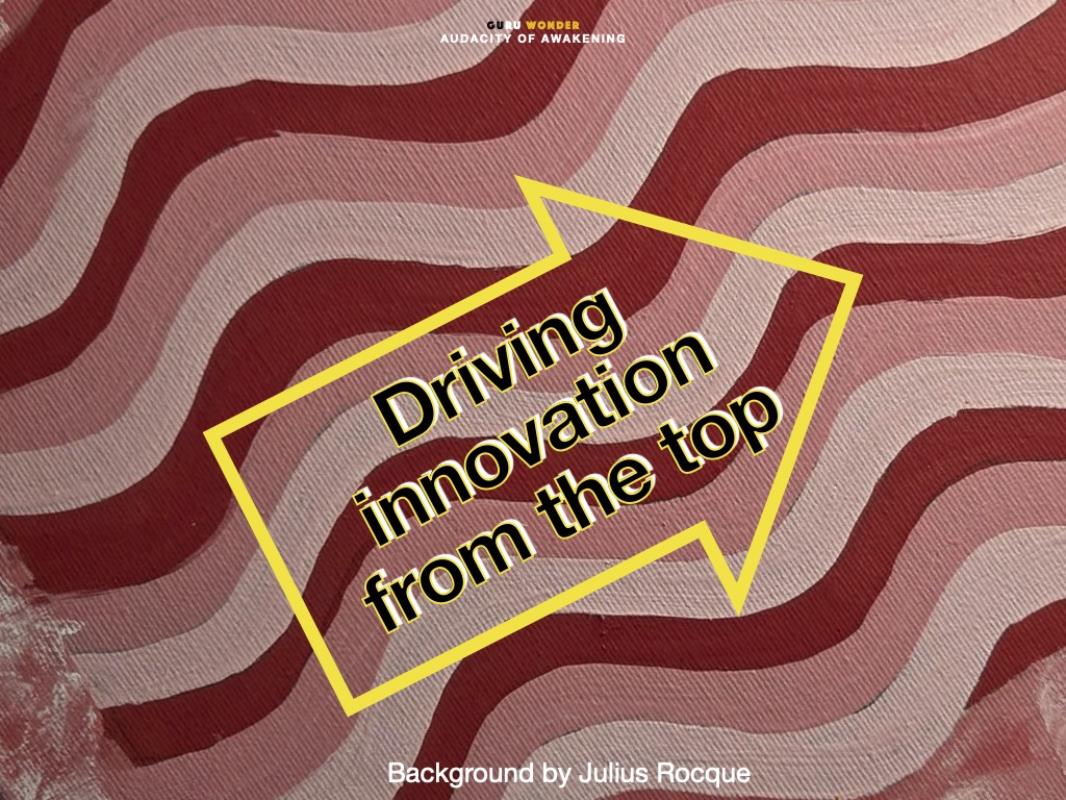
Formula One giants Mercedes F1 have used cutting-edge technology to help win the race against the Covid-19 coronavirus by creating a breathing aid that can help keep patients out of intensive care.
The reigning champions have proved they are winners off the track as well as on it by using their resources to create the devices, in association with University College London engineers, in just under a week.
With the Formula One season yet to get underway, the team is using its resources and manpower to save lives.
The Continuous Positive Airway Pressure (CPAP) devices can deliver air to the lungs without the need of a ventilator. They are already used in hospitals but are in short supply.
They are proven to work after China and Italy used them to help Covid-19 patients.
Forty of the new devices have been delivered to the UCL hospital and to three other London medical facilities. If trials go well, up to 1,000 of the CPAP machines can be produced per day by Mercedes, beginning in a week's time.
The Medicines and Healthcare products Regulatory Agency (MHRA) has already given its approval for their use.
The CPAP pushes a steady flow of air-oxygen mix into the mouth and nose of patients. This is done at pressure which means the lungs remain open and so it increases the amount of oxygen entering them.
This reduces the effort needed to breathe in, especially when the alveoli - the air sacs in the lungs - have collapsed as a result of Covid-19.
Unlike a simple face mask linked to an oxygen supply, CPAP delivers air and oxygen under pressure, so there needs to be a mask creating a tight seal on the patient's face, over their mouth and nose or a transparent hood over their head.
This is less invasive than a ventilator, for which patients have to be heavily sedated and have a tube inserted into their airway.
Andy Cowell, Managing Director of Mercedes-AMG High Performance Powertrains, said:
"The Formula One community has shown an impressive response to the call for support … we have been proud to put our resources at the service of UCL to deliver the CPAP project to the highest standards and in the fastest possible timeframe."




















































